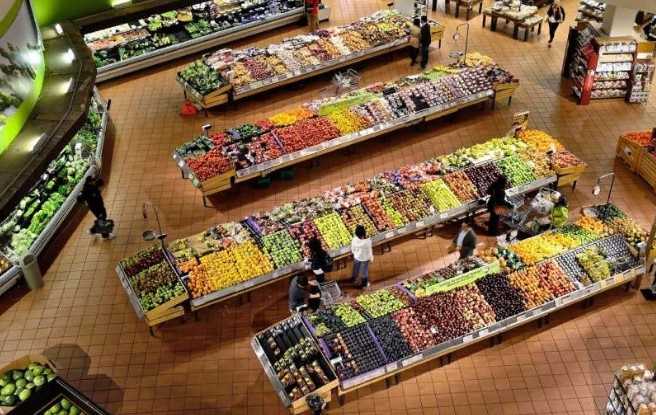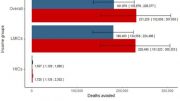It could help people eat better and cut down on inequality if stores, restaurants, and bars changed the food and drink items they sold, according to new research in The BMJ.
Availability interventions are the term for these types of measures. Some of the confectionery items on offer could be replaced with fruit or nuts; sugary drinks could be replaced with no or low sugar options; alcoholic drinks could be replaced with non-alcoholic drinks; and meat-based meals could be replaced with plant-based meals.
According to Theresa Marteau of the University of Cambridge and colleagues, suboptimal diets—particularly the consumption of energy-dense foods, meat, and alcohol—are one of the leading causes of premature death and preventable diseases worldwide, particularly in the United States. They also contribute to health inequalities and environmental harm.
They claim that availability interventions, in addition to measures such as higher taxes and marketing restrictions on harmful products, have the potential to contribute to population health and net zero goals. They are, however, often ignored by policymakers.
As a result, they set out to compile a summary of the research supporting availability initiatives in a format that policymakers could understand.
They looked through the scientific literature and found nine real-world studies (four of which were new) that showed consistent and often large effects of availability interventions on consumer choice of healthier or more sustainable options, with no evidence of negative effects, such as increasing health inequalities.
For example, increasing the ratio of vegetarian meal options in a cafeteria from 25% to 50% reduced the selection of animal meals by nearly 8%. (from 81 to 73 percent).
Similarly, raising the percentage of lower-energy meal selections offered in cafeterias from 42% to 50% lowered the number of calories purchased per transaction by about 5% compared to the baseline (from 384 to 366 kcal).
According to preliminary findings from an online supermarket purchasing survey, reducing the number of alcoholic drinks offered from 75% to 50% and 25% raised the proportion of non-alcoholic beers, wines, and soft drinks purchased from 24% to 32% and 49%, respectively.
The authors agree that there are some unknowns, such as whether these findings can be generalized to low- and middle-income nations and the impact of demographic preferences (social norms) on what we eat.
They also point out that the interventions may not be getting the attention they deserve because they don’t fit into the public conversation about personal responsibility for bad behavior and because businesses are afraid of losing sales.
“However, they say that their findings could make the case for using “availability interventions” in health and sustainability projects more clear.
As a result, they say, “evidence for the effectiveness of availability interventions is now well-established enough for policymakers and other people to seriously consider them as an effective addition to interventions in both public and private sector settings.”





